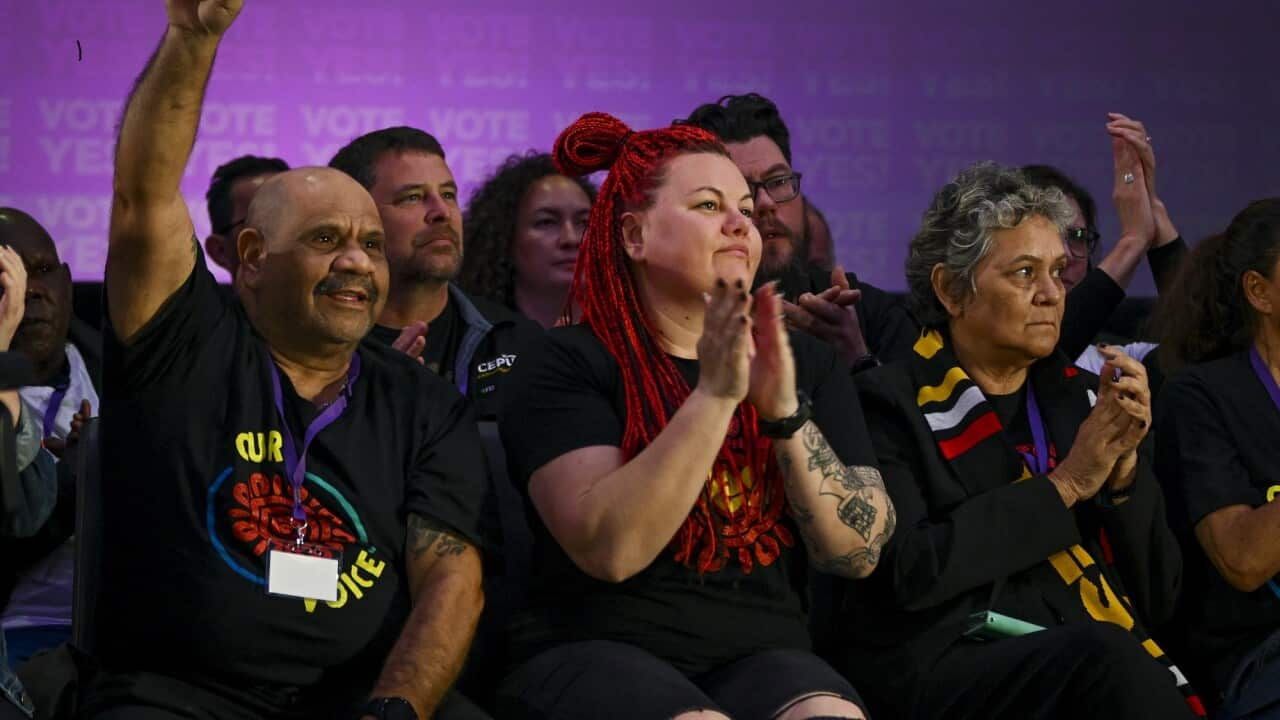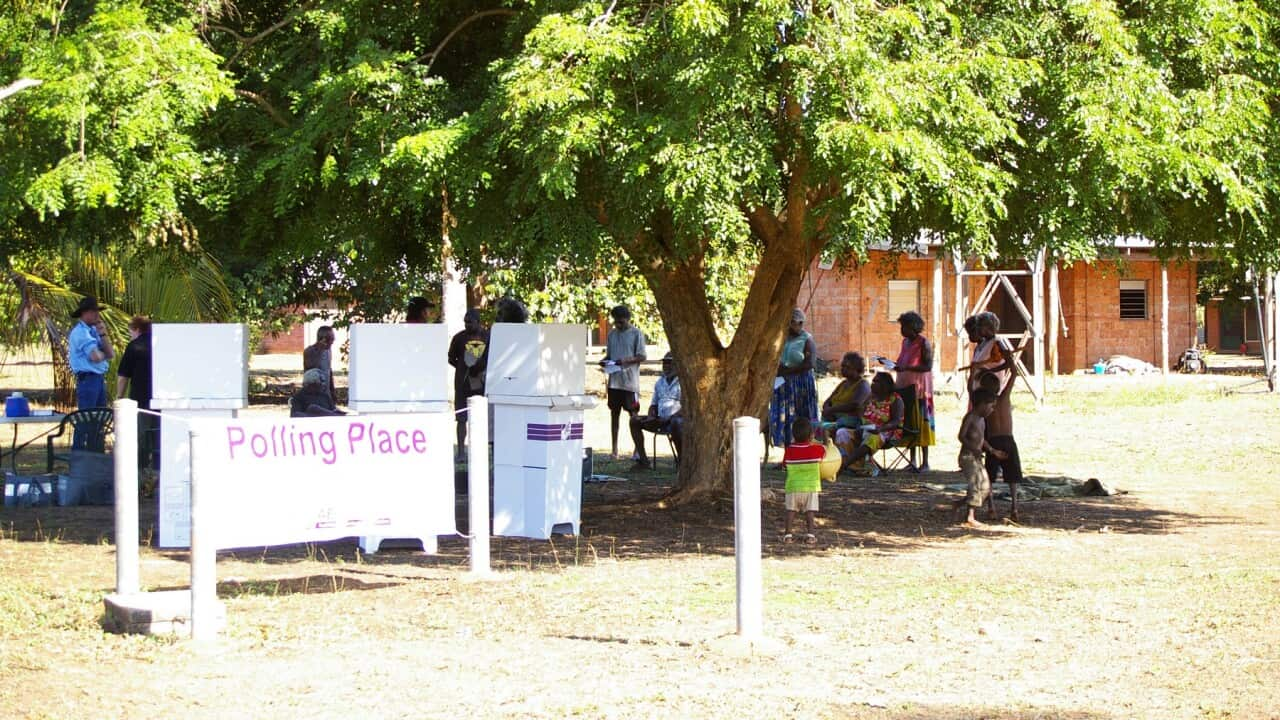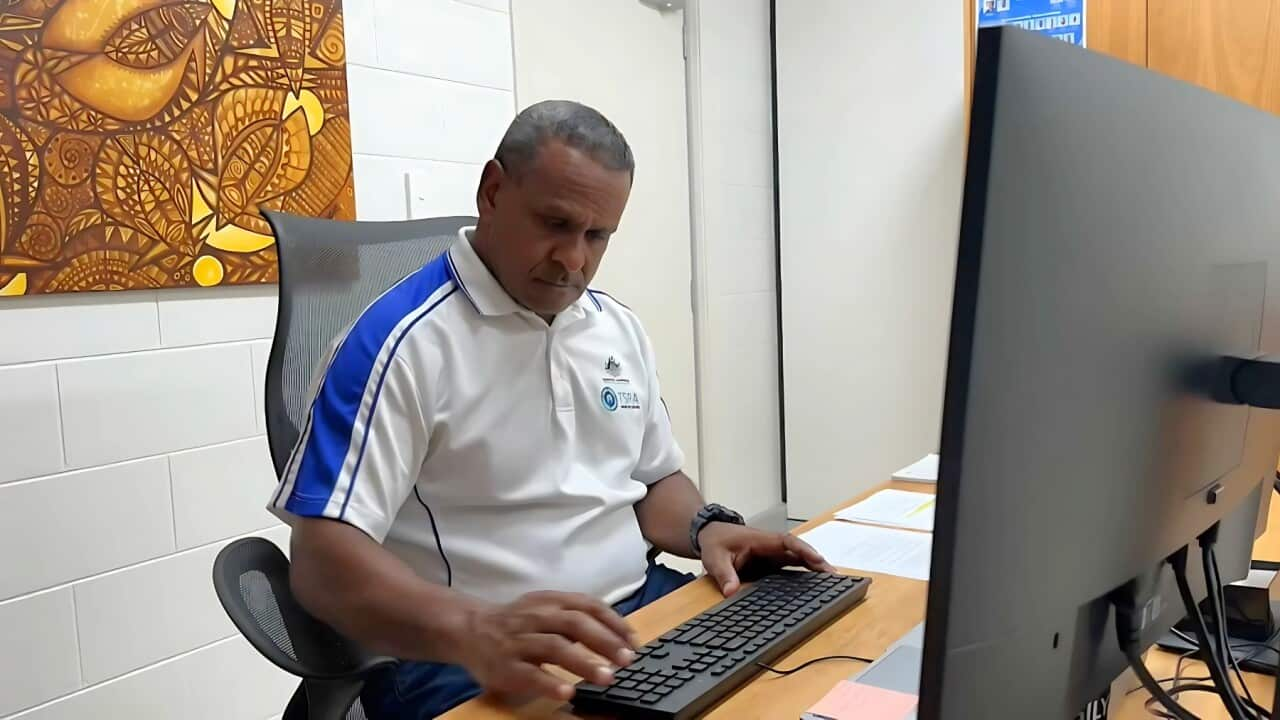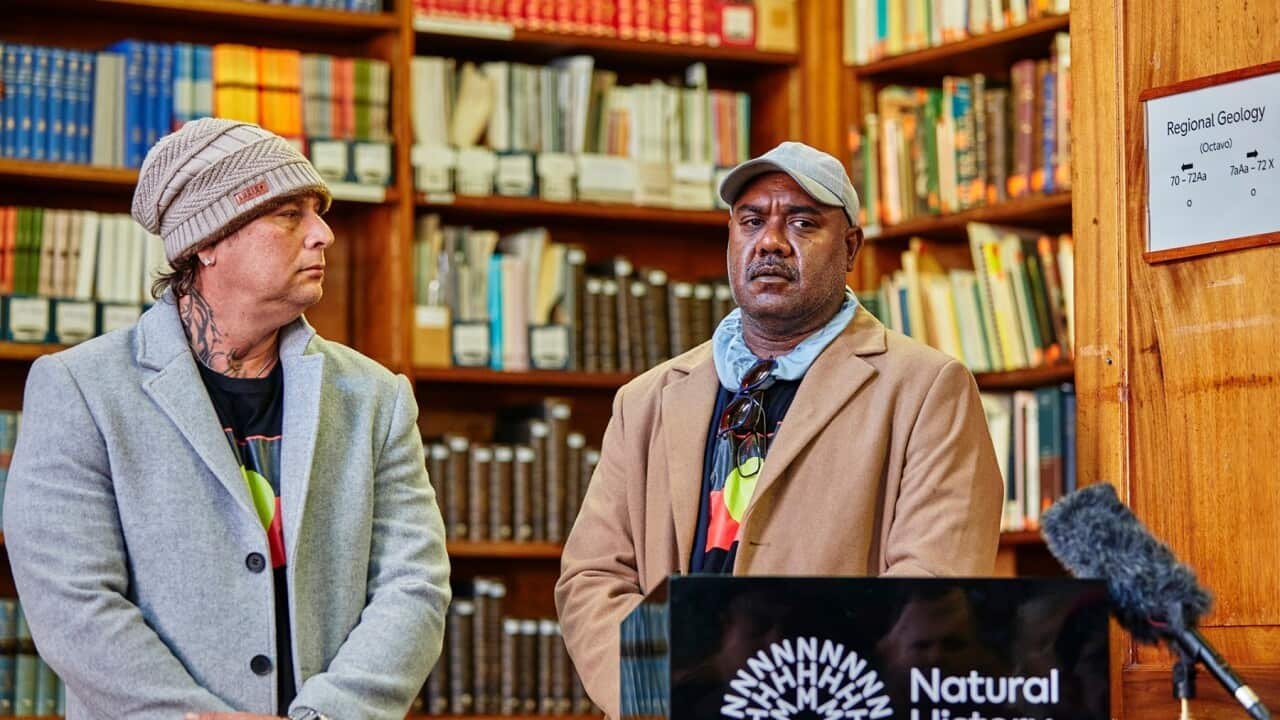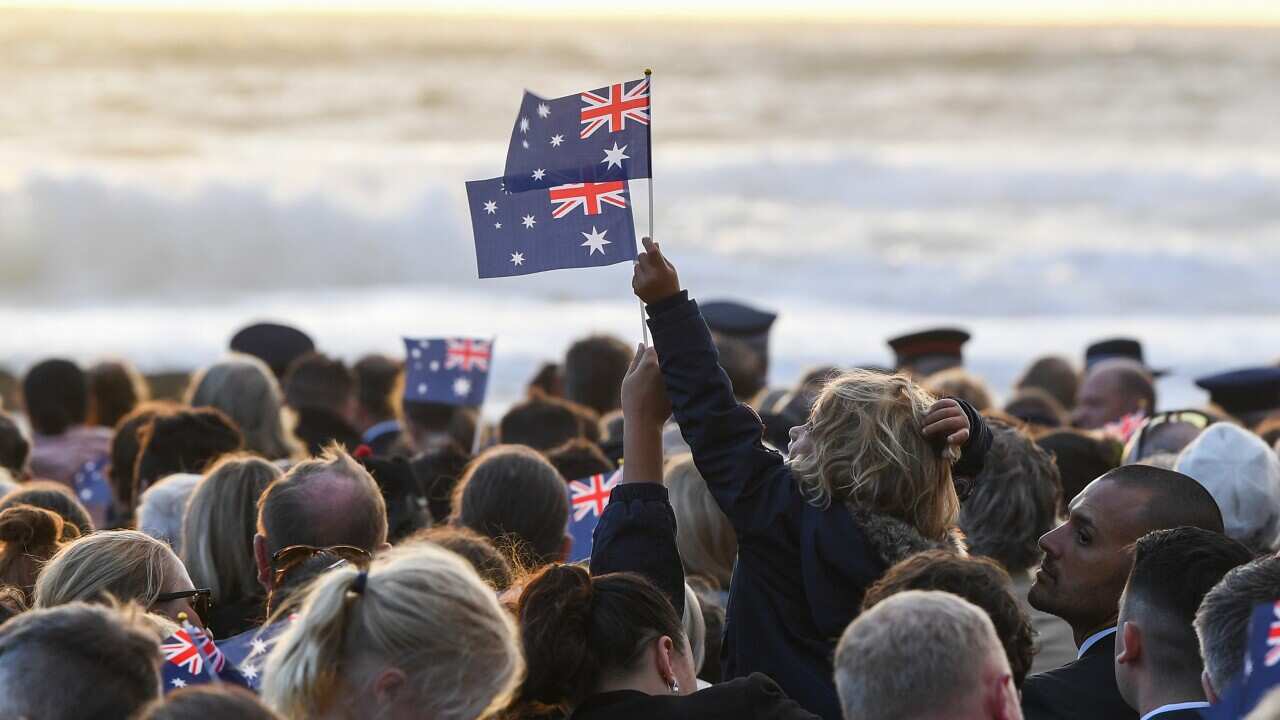TRANSCRIPT
After months of speculation, we finally have a date for the Indigenous Voice to Parliament referendum.
The Prime Minister says Australians will head to the polls to vote yes or no on October 14th.
"On that day, every Australian will have a once-in-a-generation chance to bring our country together, and to change it for the better."
Australia hasn't held a referendum for a generation, so unless you're in your 40s you haven't actually voted in one before.
But Australian Electoral Commissioner [[AEC]] Tom Rogers has told Sky News it will look similar to a general election.
"The referendum will look very much like an election. There'll be the same sorts of things that we do from mobile polling, aged care facilities. There'll be the overseas vote, postal votes. The prepoll period will be a two-week period, except in remote areas where that will be a three-week period. We're already doing our planning for that. But citizens can expect to see the sorts of things they see at election time, with the same sorts of polling places and the same sort of process."
That means voting for anyone 18 and over is compulsory and those who don't could face fines. You can only vote once, and there's a strong chance democracy sausages will be available.
You're going to be voting yes or no on this question:
"It will read: A proposed law to alter the Constitution to recognise the First Peoples of Australia by establishing an Aboriginal and Torres Strait Islander Voice. Do you approve this proposed alteration?"
But referendums are not quite the same as general elections, because they're won and lost in completely different ways.
For a referendum to succeed, it needs what's called a double majority: more than 50 percent overall and a majority in most states.
Apologies to the ACT and NT, the territories are not factored into that calculation.
This spokesperson for the A-E-C says the voting instructions also need to be followed to make your vote count.
"It's vote either yes or no, in full, in English. And those instructions will be on the ballot paper in a couple of different places, on the poster in the polling place; polling officials will tell you as they give you your ballot paper; in the guides that are being received in mailboxes across Australia at the moment; in our advertising. I could go on and on."
The double majority rules make referendums notoriously difficult to pass.
Out of 44 referendums in Australian history, just eight have been approved, with five of those failing because even though most Australians actually voted yes, they didn't also secure a majority of states.
As to which way to vote, the main arguments come down to a few key points.
Proponents like Marcia Langton from the Yes camp say the Voice will be all about recognising Indigenous people in the constitution, listening to them when policy about them is being made, and as a result, getting better outcomes for them.
"We're here to draw a line in the sand and say this has to change. People's lives have to improve. And we know from the evidence that what improves people's lives is when they get a say, and that's what this is about."
The main No camp says the voice would be risky and divisive, it'd be unknown, and because it will be enshrined in the constitution, it would be permanent.
But there are a number of people who oppose the Voice for completely different reasons, like Independent Senator Lidia Thorpe who says it won't go anywhere near far enough.
"Treaty is what our people have been calling for. To see that we're still tinkering around the edges with a useless Voice that has no power, I think we've come too far in this country to accept trinkets."
Anthony Albanese has staked a lot of his political capital on this vote, ever since his first words on election night [[Saturday 21 May 2022]].
"I begin by acknowledging the Traditional Owners of the land on which we meet, I pay my respect to their elders past present and emerging, and on behalf of the Australian Labor Party I commit to the Uluru Statement from the heart in full."
On October 14, Australia will decide whether it commits to that too.
And you can find comprehensive information about the referendum visiting the SBS Voice Referendum portal at
